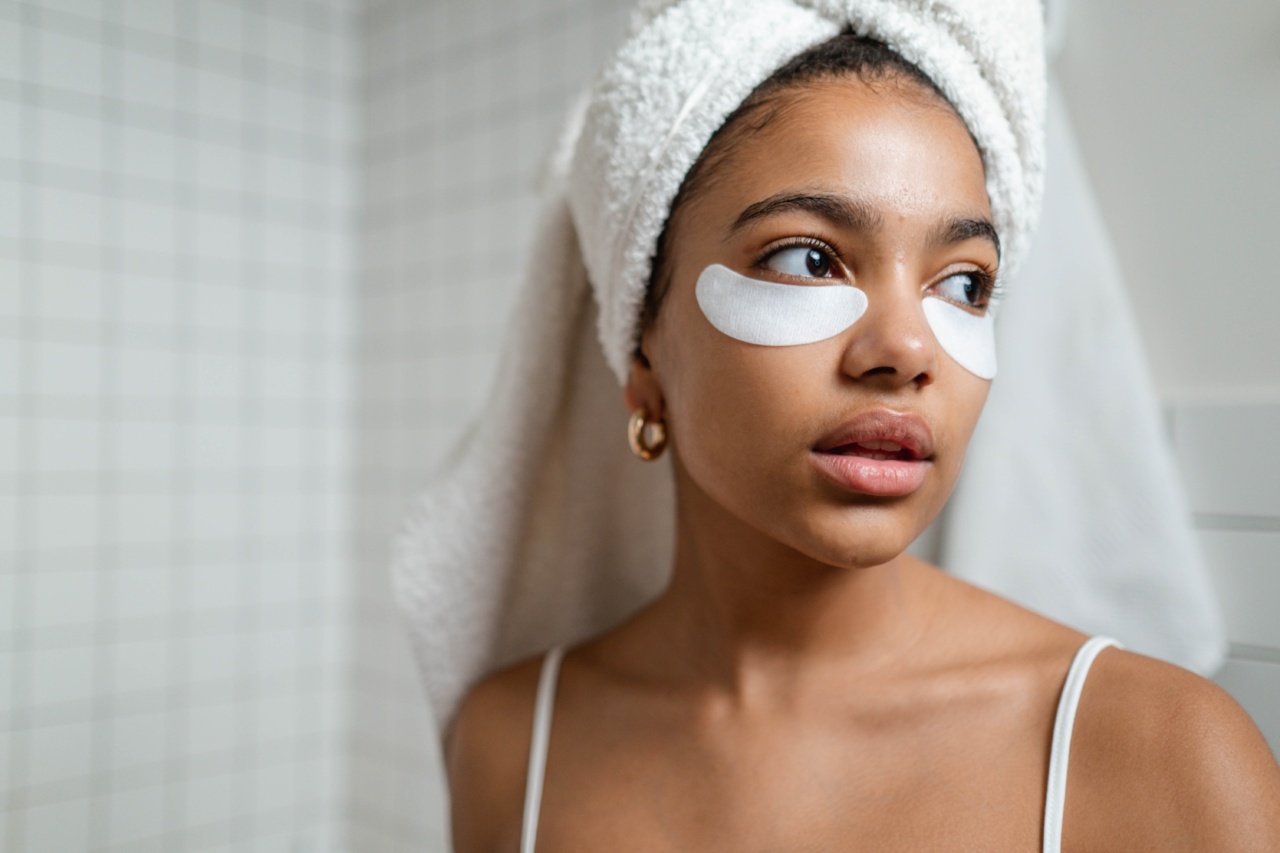Urinary incontinence is a condition that affects millions of people worldwide, causing a loss of control over the bladder. There are various types and causes of urinary incontinence, and it can be a distressing and embarrassing problem to deal with.
While certain lifestyle factors and weakened pelvic floor muscles contribute to urinary incontinence, there are also underlying health issues that can lead to its development. This article will explore some of these underlying health issues and their relationship to urinary incontinence.
1. Urinary Tract Infections (UTIs)
Urinary tract infections, particularly in the bladder or urethra, can cause episodes of urinary incontinence. UTIs can irritate the lower urinary tract, leading to inflammation and increased bladder activity.
This can result in the sudden urge to urinate and difficulty controlling the bladder.
2. Neurological Disorders
Neurological disorders such as Parkinson’s disease, multiple sclerosis, and spinal cord injuries can affect the nerves that control bladder function.
These conditions disrupt the communication between the brain and the bladder, leading to urinary incontinence. The nerves may become damaged or lose their ability to transmit signals effectively, causing involuntary urine leakage.
3. Diabetes
Diabetes is a chronic metabolic disorder that can cause damage to nerves and blood vessels throughout the body, including those in the bladder. The damaged nerves may result in bladder dysfunction, causing urinary incontinence.
Additionally, increased blood sugar levels can lead to increased urine production, putting additional strain on the bladder.
4. Hormonal Changes
In women, hormonal changes that occur during menopause can contribute to urinary incontinence. The decline in estrogen levels can lead to thinning and weakening of the tissues in the urinary tract, including the urethra and pelvic floor muscles.
This weakening can result in stress incontinence, where physical activities or pressure on the bladder cause urine leakage.
5. Enlarged Prostate
In men, an enlarged prostate gland (benign prostatic hyperplasia) can put pressure on the urethra, obstructing the flow of urine.
This can cause urinary incontinence or difficulty emptying the bladder completely, leading to frequent urination or urgency. In some cases, surgical treatment to address the prostate enlargement may be necessary to alleviate the symptoms of urinary incontinence.
6. Pelvic Organ Prolapse
Pelvic organ prolapse occurs when the muscles and tissues that support the pelvic organs become weakened or stretched, allowing them to protrude into the vagina.
This can put pressure on the bladder, urethra, or rectum, resulting in urinary incontinence. The severity of the prolapse determines the extent of the urinary symptoms.
7. Medications
Some medications have side effects that can lead to urinary incontinence. For example, diuretics prescribed to manage conditions like hypertension can increase urine production and, consequently, the risk of accidents.
Other medications, such as alpha-blockers used to treat high blood pressure or prostate conditions, can relax the bladder muscles, contributing to urge incontinence.
8. Chronic Coughing
Chronic coughing, often associated with conditions like asthma or chronic obstructive pulmonary disease (COPD), can exert pressure on the pelvic floor muscles. Over time, this increased pressure can weaken the muscles and cause stress incontinence.
Individuals who experience persistent coughing should consult a healthcare professional to address the underlying condition and minimize the impact on urinary function.
9. Obesity
Obesity can contribute to urinary incontinence due to the excess weight placing pressure on the bladder and surrounding structures. This pressure can weaken the pelvic floor muscles and increase the risk of stress incontinence.
Additionally, obesity is associated with increased inflammation and metabolic disorders, which can further contribute to urinary dysfunction.
10. Chronic Constipation
Chronic constipation can lead to urinary incontinence, particularly in children and older adults. When the rectum is consistently full, it can put pressure on the bladder, causing urine leakage.
Additionally, straining during bowel movements can stress the pelvic floor muscles, leading to weakened bladder control.
Conclusion
While urinary incontinence can be a distressing condition to manage, understanding the underlying health issues that contribute to its development is crucial.
From urinary tract infections and neurological disorders to hormonal changes and obesity, there are various factors that can affect bladder control. If you or a loved one experiences urinary incontinence, it is important to consult a healthcare professional for proper diagnosis and to discuss appropriate treatment options.





























